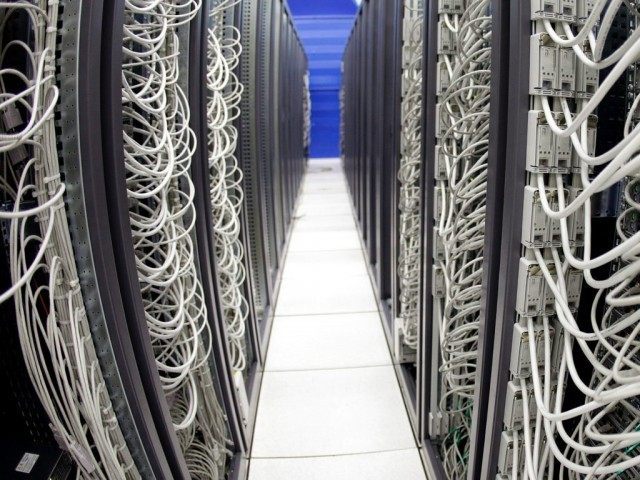The FCC is bringing net neutrality to court today in another attempt to secure regulation on why and how internet service providers can manipulate the access they provide.
Net neutrality is a vague and cumbersome way of describing a relatively simple concept. The FCC is lobbying to keep ISPs from creating virtual bottlenecks in their services in order to exploit your connection speed to promote one of their own services or affiliates. For instance, net neutrality would prevent a provider from deliberately slowing down your connection to Netflix because they want Netflix to give them more cash, or just redirecting the available bandwidth to Hulu for instance, to try and force customers to use that service instead.
Without net neutrality, your internet service provider could also block competitors’ websites altogether, or severely limit your access to them. If providers wanted you to get your news from MSNBC, they could simply cause Breitbart not to load in your browser at all. The FCC already does the same thing for phones — keeping telecommunications companies from cutting your signal if you’re not using your iPhone for the things they want.
The Federal Communications Commission has already made strides toward this goal by getting broadband internet access classified as a Title II utility, just like phone service. While it was a step in the right direction, it’s now up to the FCC to solidify that position by introducing specific regulations to prohibit service provider abuses.
Previous attempts to cement net neutrality have been struck down, but with the reclassification of broadband internet as a utility, the FCC believes that they have the foundation they need to get stronger regulations passed.
The opposition claims that net neutrality is a thinly disguised attempt at government control of the telecommunications market and its costs, despite the FCC has promising to abstain from interference with the costs of these services. The primary goal of these hearings is to enabled the FCC to protect the unrestricted usage of the internet by anyone.
In an age where ISPs can already dictate what service you’re allowed to have just because of where you live, this is a very pertinent debate. Without net neutrality, the quality of your service and the information you’re allowed to access could be just as controlled as the company you are forced to pay for access.
Today, three judges will hear the case made, among them Judge David S. Tatel, who wrote the original decisions in 2010 and 2014 to strike down the FCC’s attempts to uphold net neutrality. If overturned once more in the coming weeks, the FCC will be forced back to the drawing board once again.
Follow Nate Church @Get2Church on Twitter for the latest news in gaming and technology, and snarky opinions on both.

COMMENTS
Please let us know if you're having issues with commenting.